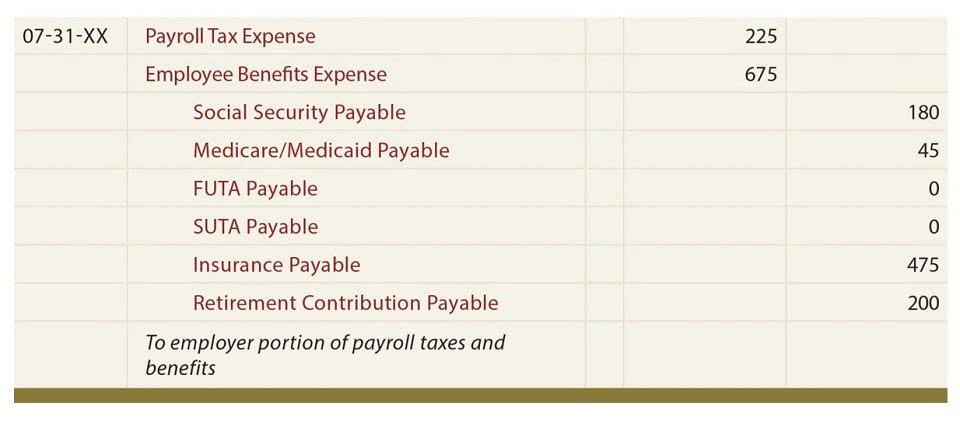Construction Bookkeeping: Essential Tools & Tips

It requires a unique approach to accounting and financial management that is distinct from traditional accounting methods. For contractors and construction business owners, understanding the key principals of construction accounting is crucial for long-term success and profitability. Mastering the financial accounting side of your construction business is essential for your long-term success and profitability. Regularly review your financial data, stay updated on the industry’s accounting standards, and don’t hesitate to seek professional advice when needed.

Benefits of Effective Job Costing
Ultimately, selecting the appropriate revenue recognition method depends on various factors including project size, duration, complexity, and management’s ability to estimate future costs accurately. Consulting with accounting professionals who specialize in construction can help ensure compliance with relevant accounting standards while optimizing financial reporting strategies. The cash method of accounting for contractors is a system that records all cash transactions when they occur. This method is often used in construction accounting because it allows contractors to accurately track their cash flow and the progress of their projects. Construction accounting is a specialized type of accounting that focuses on the unique aspects of construction projects.
Best Construction Accounting Software 2024
Remember, effective construction accounting is not just about number-crunching and financial statements–it’s a powerful tool for informed decision-making and business growth. To create accurate financial statements, construction companies need to maintain detailed records of their financial transactions. They should also use accounting software that can generate financial statements automatically. A chart of accounts is a list of all the accounts used by a company to record financial transactions.

Revenue Recognition Methods in Construction
This allows them to accurately estimate job cost and compare it to the actual cost, helping them determine profitability. Together, these two systems give a construction company a holistic view of its finances. Job costing helps maintain organization in the construction accounting process since the accounts related to individual projects are kept separate from the centralized accounts.
- For one, there’s a large variety of financial transactions in the construction industry.
- Between tracking expenses, invoicing clients, and managing payroll, it’s easy to see why bookkeeping often ends up on the back burner.
- Construction payroll wages can vary greatly depending on the location of the job, the size of the job, and the individual skill level of the employee.
- Construction accounting is primarily project-oriented, focusing on individual jobs rather than the overall business.
- From an accounting perspective, retainage can create challenges for cash flow management.
- For contractors and construction business owners, understanding the key principals of construction accounting is crucial for long-term success and profitability.
- Linking the bookkeeping tool with project management software like Procore ensures seamless data flow between project schedules and budget tracking.
- For these reasons, construction companies may need to generate separate profit and loss (P&L) statements for each project.
- Develop a clear system for categorizing expenses and train your team to use it consistently.
- Retainage refers to the portion of payment withheld until the completion of a project to ensure that contractors and subcontractors fulfill their obligations.
- Utilizing construction accounting software can significantly enhance the financial management of contracting businesses.
- If cash flow has got you down, explore some more ways to take control of your cash flow here.
- For contractors, having robust bookkeeping practices helps maintain profitability and control over each project.
This can make it difficult to track expenses and effectively calculate the profit generated from each service category. Certified Public Accountant Below are the key ways in which construction accounting differs from other types of accounting. Construction payroll wages can vary greatly depending on the location of the job, the size of the job, and the individual skill level of the employee. Common construction payroll wages range from minimum wage in some areas to more than $50 per hour for experienced workers such as carpenters or electricians. Regularly revisit your forecasts and adjust them based on actual costs incurred as the project progresses. Understanding and regularly monitoring these three “gauges” will help you make informed decisions and steer your business in the right direction.
Construction Accounting with QuickBooks: What You Need to Know
The purpose of the Act is to protect local wages from being undercut by out-of-area contractors and construction workers. The Davis-Bacon Act applies to all construction projects under government contracts, including road construction, building construction, renovations, new construction, and painting. Retainage can have a substantial effect on your cash flow because the amount, generally 10% is approximately the same as the net profit that most contractors can expect to make on any given project. Considering that your profitability likely is funding future projects, it doesn’t take long for this to get out of hand.

Contract Types and Revenue Recognition
Financial reports, such as profit and loss statements and job costing summaries, provide insights into project health. Consistently generating these reports allows contractors to make informed financial decisions and adjust project strategies if needed. Tracking money coming in and going out provides insights into the financial health of your contracting business. It helps in making informed decisions about future investments and understanding project profitability.
Understanding Retainage
This helps you anticipate and prepare for periods of tight cash flow and make informed decisions about project scheduling and resource allocation. By tracking cash inflows and outflows, contractors can identify potential cash shortages in advance and take proactive Bookstime measures to address them. This could involve negotiating better payment terms with clients, reducing unnecessary expenses, or securing lines of credit.
- To elaborate further, the following are industry-specific factors that make it imperative to have good construction bookkeeping.
- Many construction companies use the percentage-of-completion method for long-term projects, as it provides a more accurate picture of financial performance over time.
- The essay further bolsters with articles covering practical approaches to the management of bookkeeping for construction companies.
- This includes adhering to minimum wage standards, overtime pay regulations, and specific provisions related to prevailing wages in government contracts.
- This method allows contractors to accurately bill their clients for the work they have completed rather than charging them a lump sum fee.
- Regularly revisit your forecasts and adjust them based on actual costs incurred as the project progresses.
These software options can help construction companies manage their finances, track job costs, and create invoices. Additionally, many of these software options can integrate with other software, such as payroll software or project management software, to further improve efficiency. Therefore, it is essential for construction companies to keep accurate records of all financial transactions and to file their taxes on time. Cash flow management is critical for construction companies because they often have large expenses and long payment cycles. To manage cash flow effectively, companies need to track their cash inflows and outflows and forecast their future cash needs. An accountant in construction bookkeeping for general contractors typically ensures that the organization’s financial statements, taxes, and other documents are accurate and up-to-date.